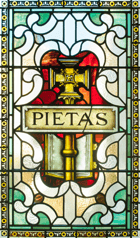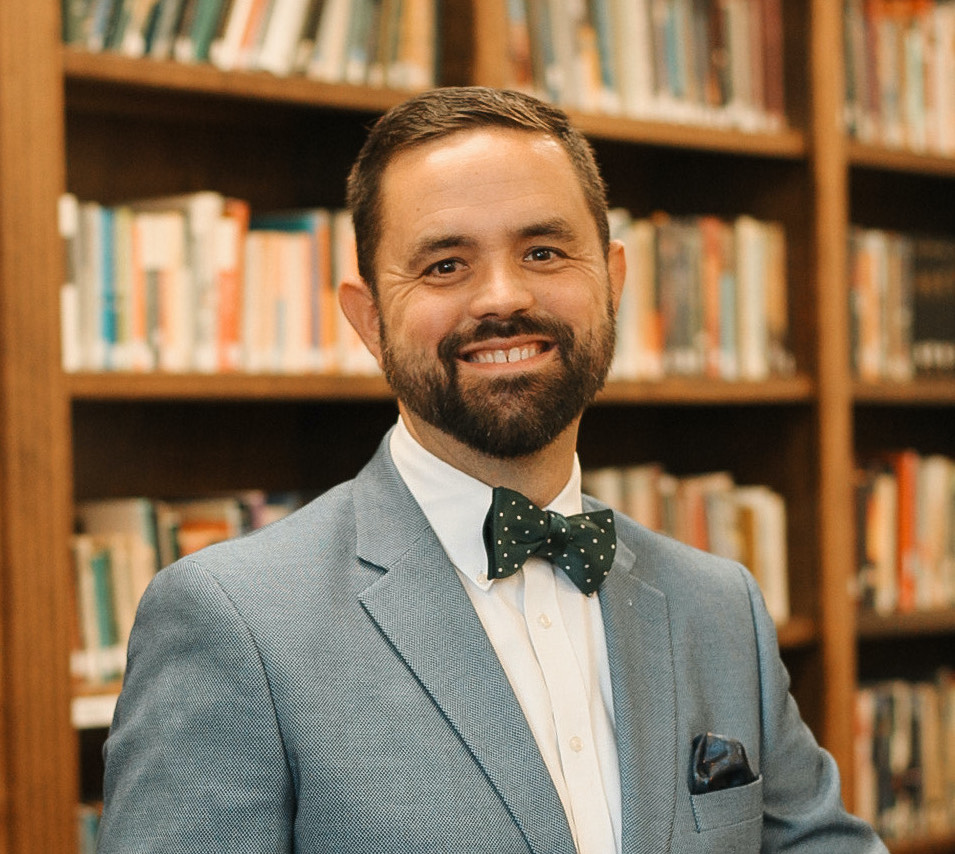 As a father of five, I am greatly concerned with the cultivation of virtue in the hearts of my children. Frequent thought and active parenting has been invested in training my children in honesty, diligence, self-control, and respect. The lack of these virtues is tough to disguise. When children are disrespectful and lazy, succumbing to every desire of their flesh, they create what my mother would refer to as “a scene.” Yet behind the more common virtues, lies one that receives precious little airtime – Piety.
As a father of five, I am greatly concerned with the cultivation of virtue in the hearts of my children. Frequent thought and active parenting has been invested in training my children in honesty, diligence, self-control, and respect. The lack of these virtues is tough to disguise. When children are disrespectful and lazy, succumbing to every desire of their flesh, they create what my mother would refer to as “a scene.” Yet behind the more common virtues, lies one that receives precious little airtime – Piety.
It’s tough to conceive of one mother remarking to another mother while visiting on the playground, “how’s little Johnny coming along in his piety training?” In fact, the word pious is hardly ever used these days apart from some connection to Puritans, stuffy church-going old maids, or a medieval pope. But at Trinitas, our teachers are contemplating how to better cultivate piety in the lives of our students.
A recent discussion of The Liberal Arts Tradition by Kevin Clark and Ravi Jain began with Trinitas teachers expanding upon the book’s definition of piety as “the duty, love, and respect owed to God, parents, and communal authorities past and present.” With such a meaty definition, it is no wonder that parents like me find it easier to tend to matters like unkindness and poor table manners while neglecting the training in piety. But the high calling of training Christian children demands that we do hard things even when that begins with overcoming our ignorance.
So where do we start with training in piety?
First, we must communicate to our students their place in God’s story. For Greek and Roman children, their story began and ended with their relationship to their city or later, the empire. But our children must know that their story begins with being created in the image of God. For it is as image-bearers that they understand that they have not only worth and value but also duty and responsibilities to other image-bearers.
Second, our children must be taught that the image that they bear was marred by sin and then, in the eternal redemptive plan of the Divine, a way was made for its restoration through Christ Jesus. We call this the gospel. It is our story. It is their story.
Once our children are properly acquainted with who they are in God’s story, they must be taught how to act accordingly. This is where they are trained in “the proper love of and fear of God and man” (Clark and Jain, 18). Beginning with what classical Christian educator and blogger Josh Gibbs calls “holy manners,” students learn to love God and neighbor through both spiritual disciplines such as prayer, fasting, and giving, and also the cultivation of faithfulness in relationship to one’s tradition as historically situated in time and place” (Clark and Jain, 16).
A high calling, indeed. One in which most parents can use a little help. This is why many, myself included, benefit from the support of the local church as well as a classical Christian school for the inculcating of piety in the lives of our children. The church, because for Christians, our story begins and ends there. And the classical Christian school because, as Gibbs has stated, “a classical Christian school is a place for people who have despaired of the unproven, painless, fashionable solutions the modern world offers to ancient problems.” Ancient problems like how to best train children in piety.



